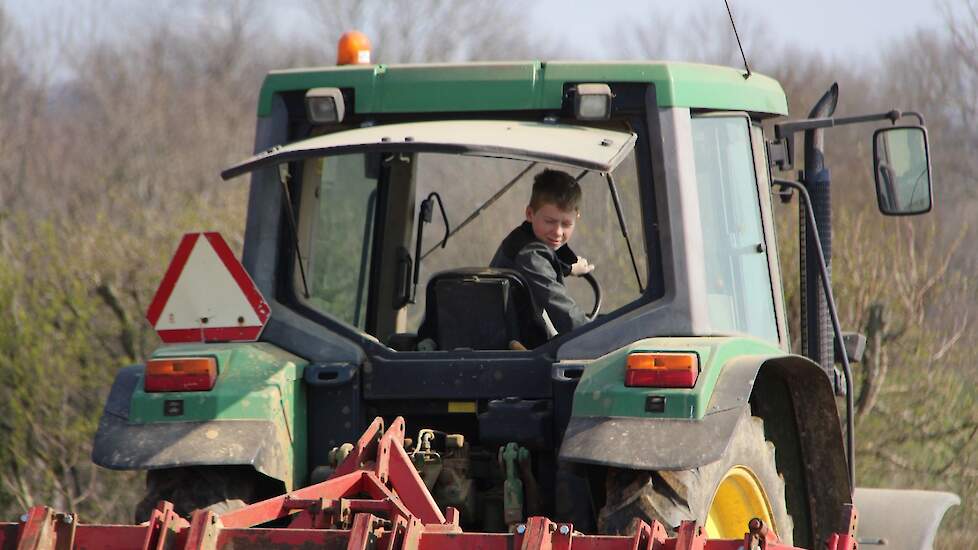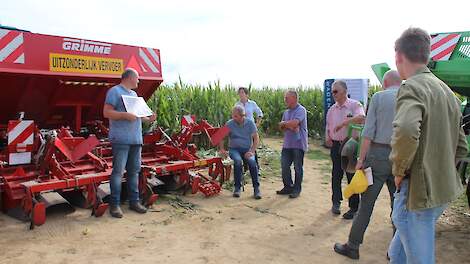A successor is present on 38 percent of Dutch arable farms with a holder over 55 years old. At 55 percent, this is the highest in the province of Flevoland and at 24 percent, Utrecht has the lowest succession rate. LTO Nederland describes the reduced interest in business succession as worrying. As a cause, LTO points to the lack of future prospects for young farmers on the one hand and the increasing polarization in politics and society towards agriculture and horticulture on the other.

Picture: Guus Queisen
59 percent of Dutch agricultural businesses with a holder aged 55 or older have no business successor. This mainly concerns small and very small companies. The larger the company, the greater the chance of a company successor being present. Statistics Netherlands reports this on the basis of provisional figures from the 2020 Agricultural Census.
52,000 farms
In 2020 the Netherlands had more than 52,000 farms, of which more than 27,000 with a holder aged 55 or older. Of these companies, approximately 11,000 had a business successor and 16,000 (59 percent) did not.
Size
Company size plays an important role in business succession. A successor is usually available on large and medium-sized companies. Of the large companies with a holder aged 55 or older, 70 percent have a business successor. This was almost 50 percent for medium-sized companies.
Agriculture
38 percent of Dutch arable farms with a holder over 55 years old have a successor. This percentage is the same as in 2016. The number of arable farms with a successor is highest in Flevoland. There is a successor in 55 percent of the companies. Groningen, Zeeland and Zuid-Holland follow with 48, 47 and 46 percent respectively. Utrecht is the province with the lowest succession rate. Only 24 percent of arable farms have a successor there. The other provinces score as follows: Friesland 40 percent, Drenthe 42 percent, Overijssel 27 percent, Noord-Holland 39 percent, Gelderland 29 percent, Noord-Brabant 30 percent and Limburg 31 percent.
Worrying development

LTO Nederland describes the reduced interest in business succession as worrying. LTO points to two main causes: the lack of future prospects for young farmers and the increasing polarization in politics and society towards agriculture and horticulture. According to LTO Nederland, young entrepreneurs are still eager to continue the life’s work of previous generations.
However, they increasingly wonder whether they are willing and able to bear the responsibility. LTO Nederland believes that substantial investments should be made in the coming years in stimulating a business takeover. A start has already been made in recent years, but the new instruments are barely reaching young entrepreneurs. LTO emphasizes that even more than this financial support, young entrepreneurs and their parents need a clear future perspective and a profitable company. Things that hinder this must be removed.
Also read:

BO Akkerbouw: ‘Submit research wishes before 7 February’
BO Akkerbouw calls on arable farmers who are walking around with research and / or knowledge dissemination wishes to make them known before 7 February by completing a questionnaire on its website. The selected projects will be …






